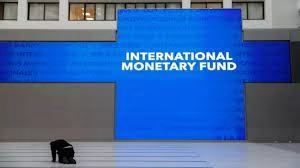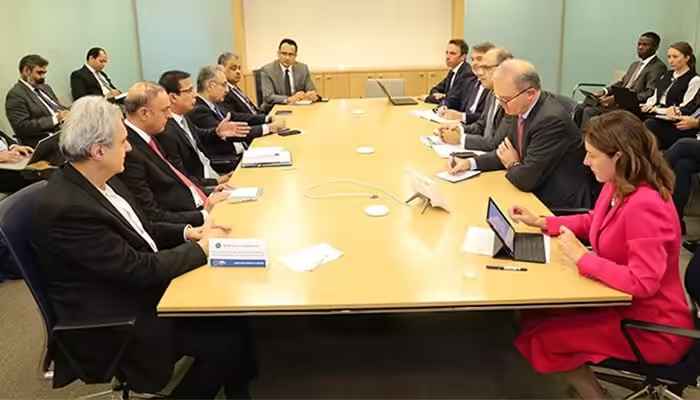Just four days after the International Monetary Fund (IMF) approved a $1 billion disbursement and cleared a $1.4 billion Resilience and Sustainability Facility (RSF) for Pakistan, formal talks between the IMF and the government are set to begin on May 14. These crucial discussions, running until May 23, will focus primarily on Pakistan’s upcoming federal budget.
The negotiations will cover income, expenditure, and revenue projections, with a particular spotlight on tax reforms worth Rs400 billion. The government is expected to present proposals aimed at balancing fiscal discipline with economic relief measures.
Relief for Salaried Class and Industry in Focus
Reports suggest that Pakistan will urge the IMF to ease tax pressures on the already strained salaried class, with special sessions planned to support this appeal. Additional relief measures are being prepared for the large-scale manufacturing (LSM) and construction sectors, which have faced significant challenges amid economic tightening.
Federal Finance Minister Muhammad Aurangzeb had earlier hinted at these relief efforts. Speaking in Islamabad on April 16, he promised tax relief for salaried individuals in the upcoming budget, though he noted that specific details would first be presented to the IMF.
Improved Tax Collection and Structural Reforms
Aurangzeb also reported improved tax collection from traders, emphasizing that the government’s trader-friendly scheme is independent of traditional tax enforcement measures. He highlighted that 98% of budget suggestions had been received from public and private stakeholders, with collaborative efforts underway to finalize budget proposals.
He confirmed that:
- No changes will be made to the budget after July 1
- A Tax Policy Department will operate under the Ministry of Finance this year
- A simplified tax form is in development to make compliance easier for all taxpayers
Broader Economic Goals and International Engagement
The finance minister emphasized that economic stabilization remains a key priority. He outlined government efforts to reduce electricity bills by July, support the business community, and boost exports through value addition and branding.
Aurangzeb also announced that a Pakistani delegation will soon visit the United States to engage in “constructive” trade talks, with the aim of strengthening economic ties with Pakistan’s largest trading partner.
“All IMF targets have been met,” Aurangzeb concluded, expressing optimism that the IMF Executive Board will approve the upcoming staff-level agreement later in May.
The outcome of the ongoing IMF talks is expected to play a pivotal role in shaping Pakistan’s fiscal and economic landscape in the coming year.



